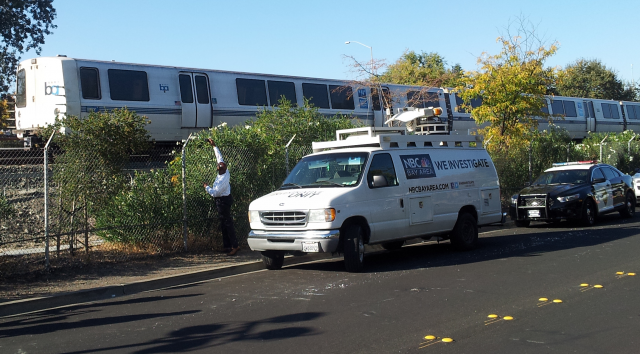By Isabel Angell

Members of a state Assembly committee say they want to know what BART's doing to improve safety in the wake of an incident last month in which two workers were struck by a train and killed as they worked on tracks in Walnut Creek.
The state Assembly Committee on Labor and Employment called Thursday's meeting to investigate the accident. The lawmakers focused on BART's "simple approval" process, under which workers are responsible for their own safety on the tracks. The practice has been tied to four worker deaths since 2001.
In 2009, after an investigation into the death of a worker, Cal/OSHA, the state's workplace safety division, told BART that simple approval violated state law. But BART appealed and didn't abolish simple approval until last month, after employee Christopher Sheppard and contractor Laurence Daniels were killed on Oct. 19 while inspecting a section of track. The incident occurred during a four-day strike against the agency, and the train was being run by a management employee who was being taught how to operate it.
"That's a gut-wrenching question, when you ask, 'You did it now, why didn't you do it then," BART Assistant General Manager Paul Oversier told lawmakers.